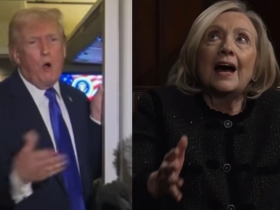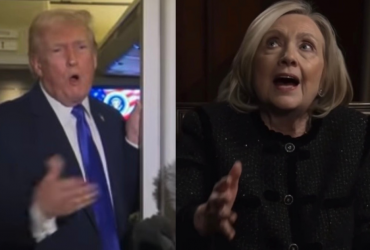Via Pixabay
In an era where safeguarding American youth from online dangers is paramount, age verification systems are emerging as a frontline defense, though not without controversy.
The United Kingdom recently pioneered widespread implementation under its Online Safety Act, mandating platforms like Reddit and X to confirm users over 18 for accessing potentially harmful content.
This rollout has sparked disorder, with some services exiting the market and users evading checks via VPNs, highlighting the practical hurdles in balancing protection with accessibility.
Globally, similar measures are advancing, driven by concerns over children’s exposure to obscene materials.
Verification typically involves submitting credit cards, government IDs, selfies, or allowing platforms to analyze user data for age estimates.
While proponents argue these steps shield minors, critics warn of a privacy catastrophe, as third-party handlers store sensitive information amid frequent data breaches.
In the United States, the Supreme Court in 2025 reversed long-standing views by upholding age verification for adult content, affirming no First Amendment barrier exists when protecting kids.
Over two dozen states, including Texas and North Carolina, now enforce ID checks on porn sites, imposing hefty fines for non-compliance.
Efforts to extend this to social media have faced pushback from tech giants, blocking laws in places like California amid fears of overreach.
Yet, voluntary platform initiatives are filling gaps, with YouTube leading by deploying AI to infer user ages and enforce safeguards.
Beginning August 13, 2025, with a limited U.S. trial, the system analyzes signals such as account age, search queries, and video categories to identify teen accounts.
Once flagged as under 18, it automatically disables personalized ads, enables digital wellbeing features, and restricts repetitive viewing to foster safer habits.
YouTube’s method, tested in international markets, seeks to protect young viewers proactively without upfront ID requirements, resonating with conservative demands for corporate responsibility in shielding families from digital harms.
However, privacy advocates raise alarms over the appeals process for misclassifications, which demands government IDs, credit cards, or selfies—potentially exposing biometric data to breaches.
Experts like the Electronic Frontier Foundation (EFF)’s David Greene caution that such retention could undermine anonymity, especially for vulnerable users, urging greater transparency to prevent surveillance overreach.
As these innovations unfold, they highlight the delicate interplay between upholding traditional values and preserving personal liberties in the online realm.
The post YouTube’s AI Age Verification Push appeared first on The Gateway Pundit.











